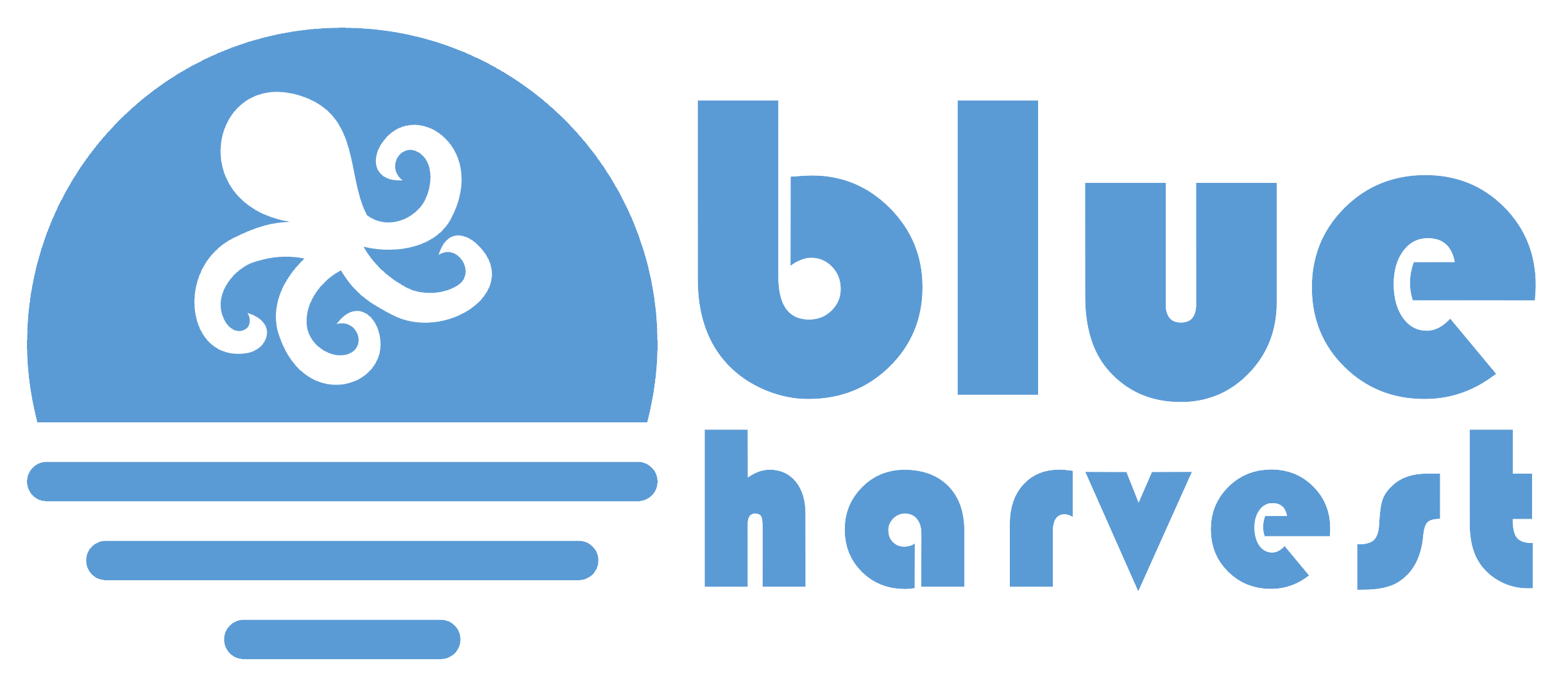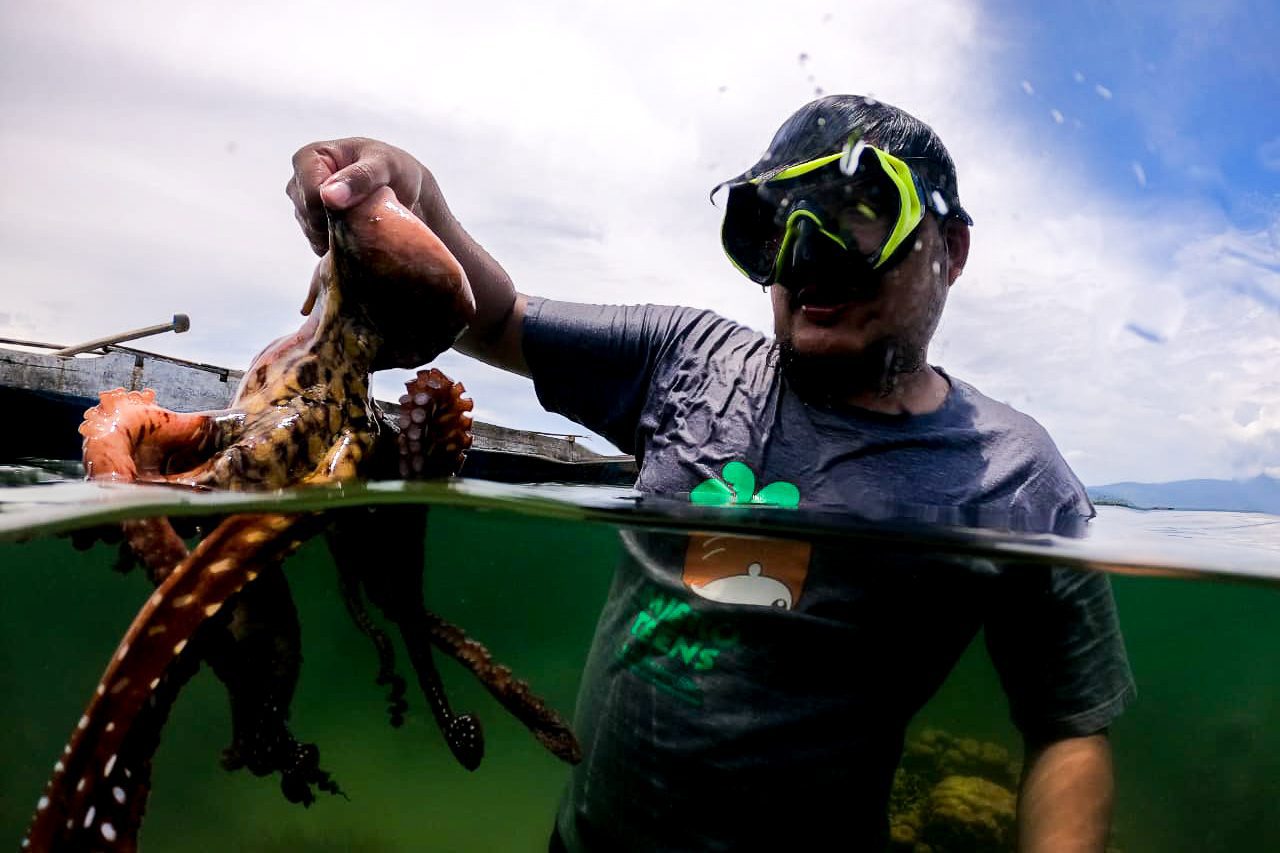Indonesia, an archipelago of over 17,000 islands, is not only known for its breathtaking landscapes and rich cultural heritage but also for its abundant marine resources. Among these treasures is octopus, a prized seafood that plays a significant role in the country’s fisheries. Indonesian waters are home to various species of octopus, making it a top supplier in the global seafood market.
The Diversity of Indonesian Octopus
Indonesia’s warm tropical waters provide an ideal environment for several species of octopus. Some of the most commonly harvested species include:
- Octopus vulgaris (Common Octopus)
- Octopus cyanea (Big Blue Octopus)
- Octopus aegina (Sandbird Octopus)
These species are caught in areas such as Sulawesi, Maluku, Bali, and Papua, where octopus fishing is a significant livelihood for local fishing communities. The octopus is known for its tender meat, which is both nutritious and delicious, making it a popular choice in many cuisines worldwide.
Sustainability in Indonesian Octopus Fishing
One of the greatest challenges in the seafood industry today is balancing demand with sustainability. Fortunately, Indonesia has made strides in promoting sustainable fishing practices, especially in the octopus sector.
Organizations such as the Marine Stewardship Council (MSC) have worked closely with Indonesian fisheries to implement sustainable methods that minimize environmental impact. These practices include:
- Selective fishing gear to reduce bycatch
- Fishing quotas to prevent overharvesting
- Seasonal closures to allow octopus populations to regenerate
By adhering to these standards, Indonesia ensures that its octopus fisheries remain viable for future generations.
The Role of Local Communities
In many coastal communities across Indonesia, octopus fishing is a way of life. Small-scale fishers use traditional methods, such as spears or handlines, to catch octopus. These practices, passed down through generations, are not only eco-friendly but also help preserve the livelihoods of thousands of people.
One of the key initiatives supporting these communities is the Fair Trade Seafood Program, which ensures that fishers receive fair compensation for their products while promoting sustainable harvesting practices. This program also provides training on responsible fishing and access to international markets.
Processing and Exporting Indonesian Octopus
Once harvested, octopus undergoes a meticulous process to ensure its freshness and quality. In facilities across Indonesia, such as those in Lampung and Kendari, octopus is cleaned, frozen, and packed following international food safety standards, including HACCP and BRC.
Indonesia’s octopus exports are sent to markets around the world, with the United States, Europe, and Asia being key importers. The octopus is exported in various forms, including:
- Whole frozen octopus
- Octopus rings
- Octopus tentacles
Health Benefits of Octopus
Octopus is not only a culinary delicacy but also a nutritional powerhouse. Rich in protein, omega-3 fatty acids, vitamins B12 and B6, and essential minerals like iron, potassium, and phosphorus, octopus offers numerous health benefits. Consuming octopus can support heart health, improve brain function, and provide the body with important nutrients necessary for overall well-being.
Challenges and Opportunities
While the Indonesian octopus industry continues to thrive, it faces several challenges. Illegal fishing, habitat degradation, and climate change pose threats to the long-term sustainability of marine resources. However, initiatives to enhance marine conservation and regulate fishing practices are creating opportunities for more sustainable seafood production.
The Indonesian government, alongside global organizations, is actively working to combat these issues through stricter regulations, enforcement of fishing laws, and the promotion of Marine Protected Areas (MPAs).
The Future of Indonesian Octopus
Indonesia is poised to remain a dominant player in the global octopus market. With increasing consumer demand for sustainable seafood, the country’s commitment to responsible fishing practices will continue to drive the industry forward.
As more companies, such as Blue Harvest, partner with local communities, the future of Indonesian octopus looks bright. Together, they are shaping a future where seafood can be enjoyed without compromising the health of our oceans.
Conclusion
Octopus is an integral part of Indonesia’s marine biodiversity and economy. With a focus on sustainability, innovation, and quality, Indonesia’s octopus industry offers an exemplary model for balancing tradition with environmental responsibility. From the waters of Sulawesi to dinner plates worldwide, Indonesian octopus is a true testament to the richness of the nation’s seafood heritage.

